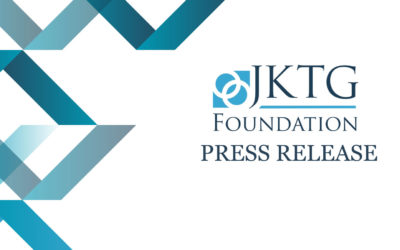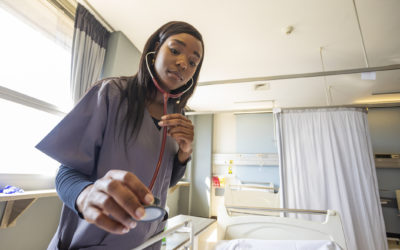I am a professional race car driver. We race at speeds of 170-180 mph, at night, in the rain, and with lots of other cars on the track.
There are television commentators and announcers at the track who render commentary about each race and what might be unfolding inside the car.
However, many – if not most – commentators have never driven race cars at our level so can’t truly understand what we’re doing. The few commentators who have driven at this level may add some perspective but still cannot opine on what is occurring with a particular incident because they are not behind the wheel in real-time, experiencing what we experience when we experience it and in the conditions we experience it.
The commentators’ observations are similar to those we see and hear from academics. While various “experts” may understand the textbook theory of business and economic policies, most have never worked in or started a business nor worked applying economic policies in which businesses operate.
Therein lies the difference. They may add perspective but aren’t experiencing the real for-profit or not-for-profit experiences these sectors of the economy live day in and day out. And that means their opinions should be taken as such; commentary that misses experiential perspective on how businesses operate.
So whether listening to commentary about racing or the economy, we need to be cautious. There’s an element of entertainment and playing to the audience along with a lack of consequence for being incorrect. Commentary from those who aren’t living the experience, can’t reflect what is happening at “ground zone.”
They lack true perspective and can result in frequent errors. Because no one keeps score of how often commentators are right, they likely have a terrible “batting average” and we will never know it.
Featured news
Applying nanoparticles and the immune system to fight cancer
JKTG-funded research, Iron oxide nanoparticles inhibit tumor progression and suppress lung metastases in mouse models of breast cancer, appears in the journal ACS Nano and features a collaboration between researchers at Johns Hopkins University School of Medicine and the Hormel Institute at the University of Minnesota.
Ted’s Take: It’s about the money
Money is what seems to drive things and money is what seems to drive organizations too. They all start with an overriding moral goal but after a while things often turn toward more money.
Ted’s Take: The best patient advocate? You.
When you’re a patient, you are kind of vulnerable. You have a problem, are often sketchy about what it is and the potential treatment or therapy needed. The bigger the problem, the more vulnerable you are. This makes you a perfect advocate.

Jayne Koskinas Ted Giovanis
Foundation for Health and Policy
PO Box 130
Highland, Maryland 20777
Media contact: 202.548.0133


